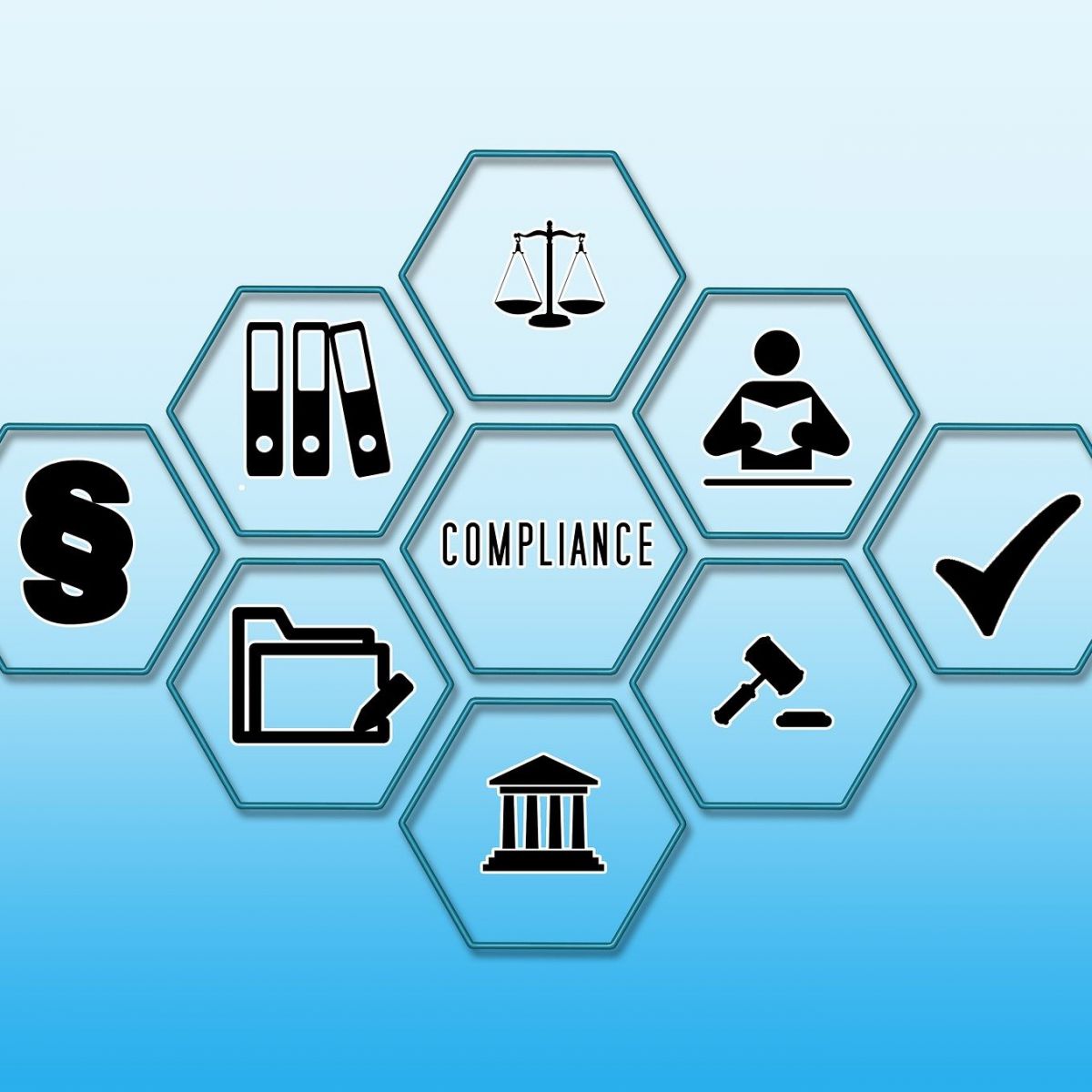Compliance
From Cryptos To Singapore’s COSMIC World – New Frontiers In Compliance

This news service discusses establishing sources of wealth, the challenge of cryptos in a market dramatically changed by the current US administration, suspicious activity reports (SARs), and more.
There is an “explosion” of new money passing through the cryptocurrency and wider digital assets space, propelled to some extent by the US having liberalised regulations. And that means that the potential for wrongdoers to fall foul of watchdogs has also increased significantly.
As reported here in late August, figures from Fenergo, a Dublin-headquartered provider of tech solutions for KYC, client lifecycle management and other functions, showed that the value of regulatory fines issued to financial institutions worldwide more than quadrupled in the first half of 2025 compared with the same period a year earlier.
A particular hotspot is digital assets companies. They are increasingly coming under scrutiny from regulators, the firm said.
Most fines were from the US, Rory Doyle (pictured below), head of financial crime policy at Fenergo, told this publication.

Rory Doyle
Some of the crypto/digital assets firms tend to be younger and haven’t developed large compliance teams yet, which may explain why they are having some difficulties, he said.
For example, US authorities fined Aux Cayes Fintech Co Ltd, or “OKX," after the entity pleaded guilty to running an unlicensed money transmitting business. OKX agreed to pay more than $504 million in penalties.
While some of the figures on fines represent actions initiated before the change of office in January 2025, the changes in regulation since then mean that more money will be in play, Doyle said.
In April, under acting chair Mark Uyeda, the SEC compared current crypto regulation with the historic founding of securities trading, signalling a dramatic shift from the more restrictive approach applied by former SEC chair Gary Gensler.
On 18 July, the US GENIUS Act came into force, which created what its framers said was the first-ever federal regulatory system for stablecoins, ensuring their stability and trust through strong reserve requirements. The act requires 100 per cent reserve backing with liquid assets such as dollars or short-term Treasuries and requires issuers to make monthly, public disclosures of the composition of reserves. Trump had campaigned on a promise to make the US a leading crypto nation and remove certain legal impediments.
“There has been an explosion of money going through them [digital assets, cryptos],” Doyle said.
The overall size of fines remains large. Fenergo’s report said the increase in regulatory fines issued to financial institutions was driven by North American regulators, who imposed fines totalling more than $1.06 billion – a 565 per cent surge on the same period in 2024. EMEA also experienced an uptick of penalties with watchdogs issuing $168.1 million worth of fines, up 147 per cent from $68 million. Meanwhile, the value of penalties issued by regulators in APAC fell. Authorities in APAC issued a total $3.4 million of penalties in the first half of this year, down considerably from $10.7 million in the same period of 2024.
Talent crunch
Doyle said a 26 February 2025 report by Germany’s financial
regulator, BaFin identified inadequate training and control plans
relating, for example, to money laundering. Documents
are often incomplete or their meaning isn't clearly specified,
the watchdog said.
There is still a considerable number of suspicious activity reports (SARs) being made, possibly because firms, aided by technology, are able to flag more potentially questionable activity than before, rather than there being a large rise in crime, Doyle said.
In the US, a Thomson Reuters report said preliminary analysis of federal banking data suggested that US financial institutions filed slightly fewer SARs in 2024 than in 2023. If borne out by more figures, this would be the first drop in SARs filed since the government began collecting this data in 2014. (The figures were issued by the US federal government’s Financial Crimes Enforcement Network, or FINCEN.)
Institutions need help
Regardless of the ups and downs in data, the overall picture is
one of financial institutions having a considerable task
of keeping on top of compliance. A major front in the
campaign against dirty money is establishing the true source
of a person’s wealth – not an easy feat. In jurisdictions such as
Singapore, regulators are insisting on ever more rigorous tests,
mindful of events such as a major money laundering scandal in the
Asian city-state during 2024.
“We have had more and more requests from financial institutions [in Singapore] in assisting them in data scraping operations,” he said. For example, Fenergo can help institutions verify source of wealth and funds by automating collection and data validation from registries, filings and media. It can extract and structure publicly-available information to confirm client declarations rapidly, Doyle said.
In certain countries, such as the UK, its Companies House provides useful industry data, but others impose paywalls or access barriers. Manual checks are slow and inconsistent, while automated technology can help by extracting, analysing and structuring this information rapidly.
“It is far more difficult to verify data and records from less transparent jurisdictions compared to flows from the UK, where information is more readily available, when assessing money coming into Singapore,” Doyle said.
In Singapore, unlike the European Union, the jurisdiction may not face the barrier of GDPR regulations when it comes to making information available for those seeking to make source-of-wealth checks, Doyle said. He referred to Singapore’s COSMIC Project, founded in April last year by MAS to combat money laundering and other financial crimes. The project is a tool intended to enable financial institutions (FIs) to share information on potential illicit activities. The COSMIC platform was developed to address the "information gap" that previously limited financial institutions from being able to warn each other about customers engaged in suspicious activities.
The move towards transparency of data when it applies to beneficial owners (BOs) hasn’t been easy. As WealthBriefing has reported, in November 2022 the European Court of Justice issued a judgment against public registers of beneficial ownership; the court later clarified that regulated entities, financial institutions, and authorities could still access the registers. However, the definition of what was meant by “legitimate interest” as a test of whether a group should be able to track down such information, is problematic.